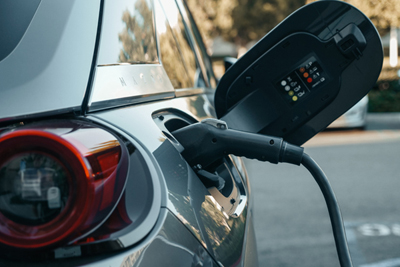U.S. Sen. Debbie Stabenow, D-MI, successfully opposed a proposal by fellow Democrat, U.S. Sen. Joe Manchin of West Virginia, to eliminate certain EV models from being eligible for the Inflation Reduction Act’s (IRA) $7,500 tax credit.
The $430 billion IRA was passed last August. The legislation limits the availability of the program’s $7,500 EV tax credit to those manufactured in North America. It also introduced new regulations for sourcing EV batteries.
In December, the U.S. Dept. of the Treasury said it would not release proposed guidance on battery sourcing regulations until March. This meant some EVs that do not fully meet the IRA’s battery requirements could continue to be eligible for tax credits, at least until the rules take effect this year.
Manchin, the chairman of the Senate Energy Committee, took issue with this system, and proposed legislation that would make the IRA’s battery tax credit requirements retroactive to Jan. 1.
“China has cornered the electric vehicle supply chain market,” the senator said, adding the Treasury is “continuing to let the $7,500 credit go without any concerns at all about the critical mineral requirements.”
Manchin’s efforts had some support; U.S. Sen. Mike Braun, R-IN, agreed with the proposal. Manchin and Braun aimed to get unanimous consent to pass the proposed legislation, but they were blocked by Stabenow’s opposition.
Stabenow said the IRA’s EV tax credit is complicated, and it “doesn’t work for several years for American companies.” The senator also said carmakers “need more time to meet battery sourcing requirements.”
“It is not unreasonable what the Treasury is doing… they have been given an incredibly complicated task to try to figure out how this consumer credit will work,” Stabenow said.
In a statement to Reuters, Stabenow said Manchin’s proposal “would literally take away credits from people who are buying cars today.” She also noted, “Fundamentally, [Manchin] is not a fan of EVs.”












